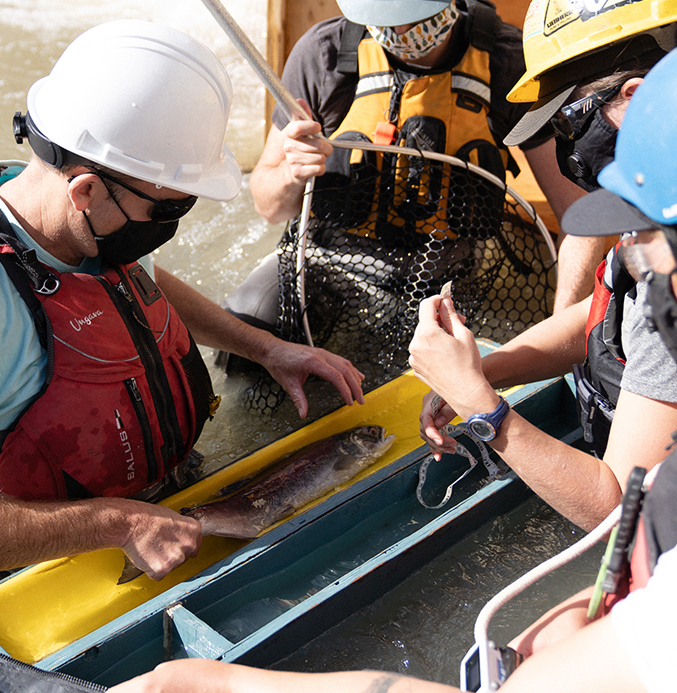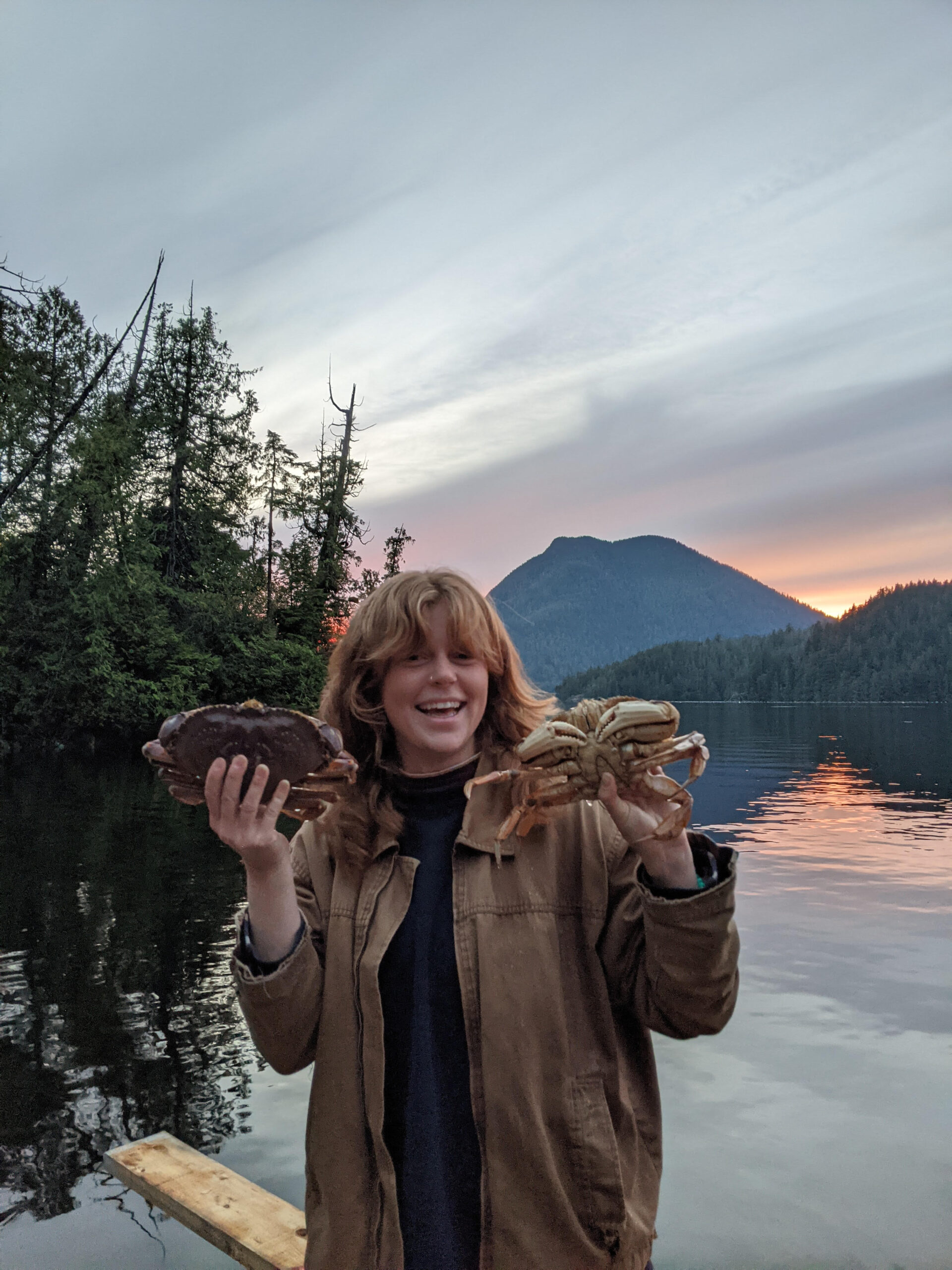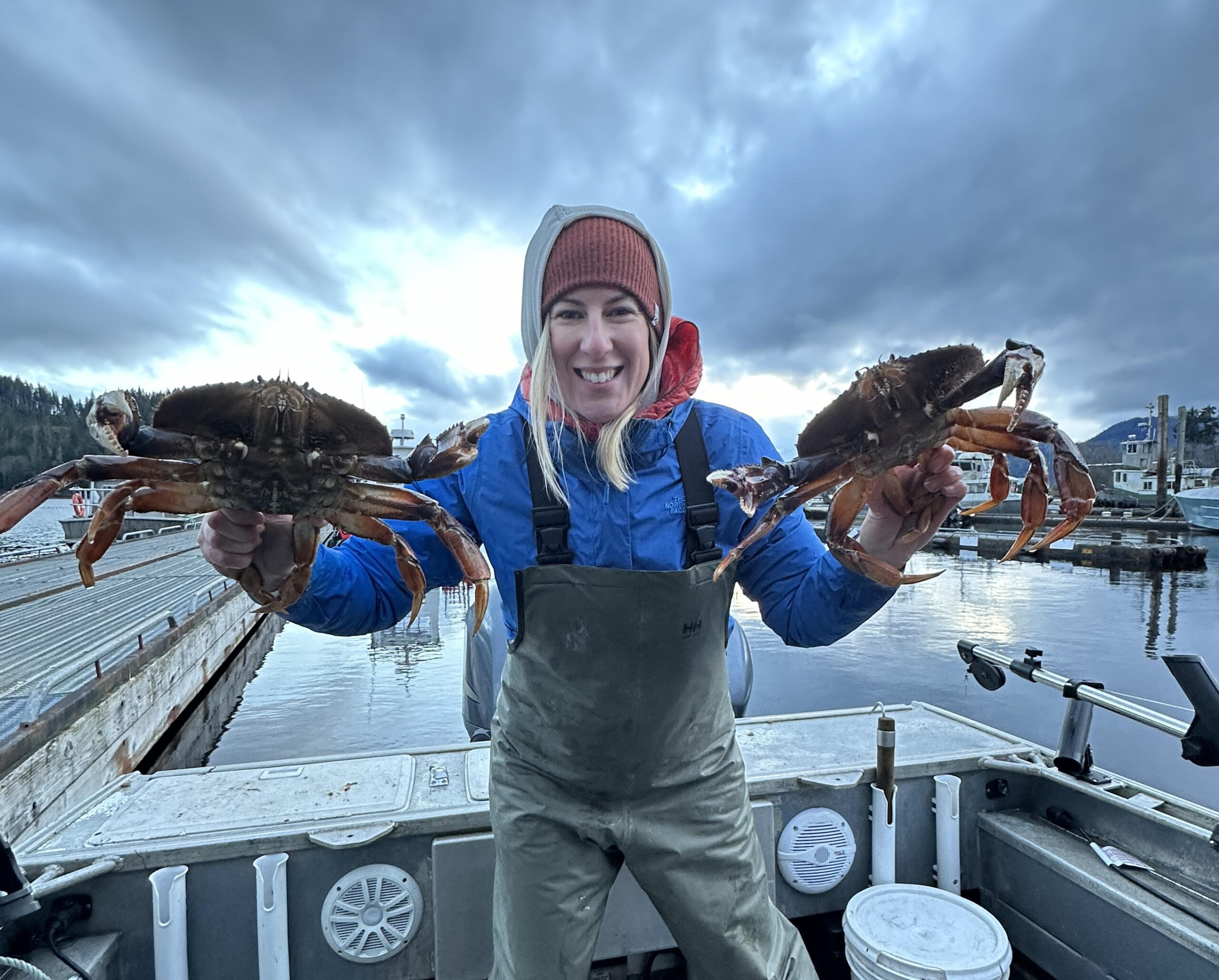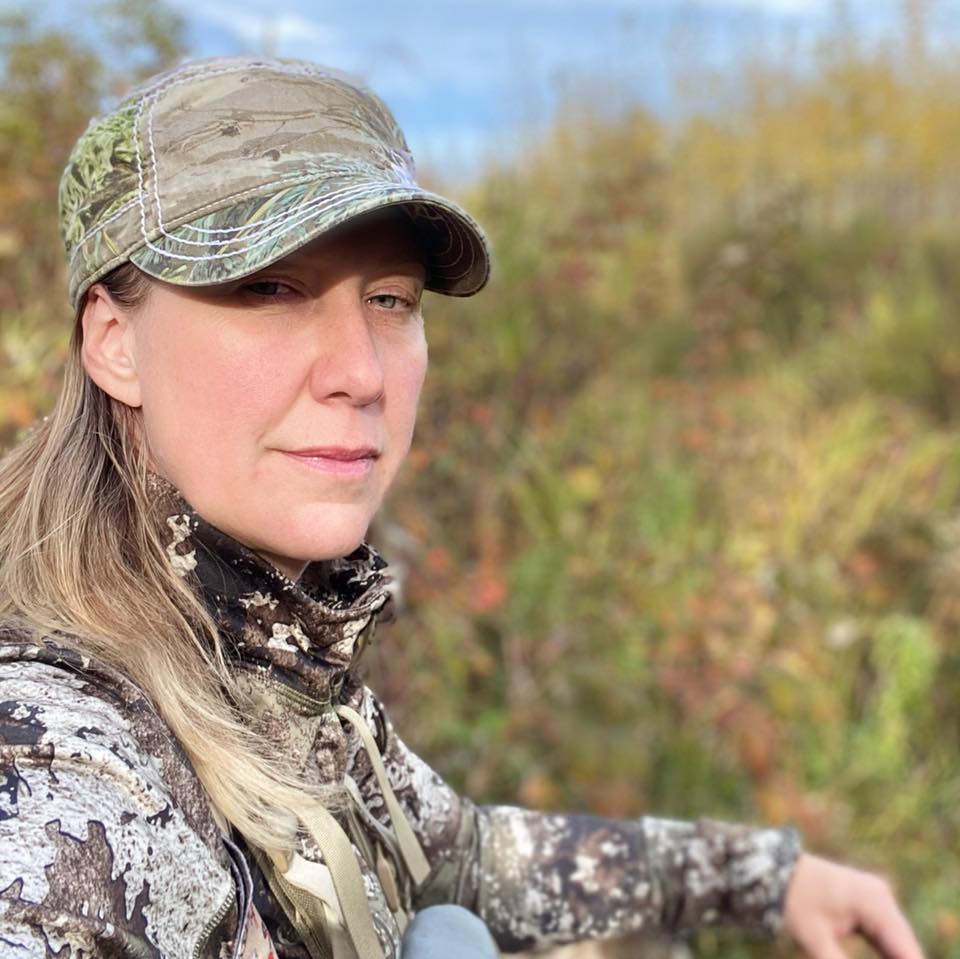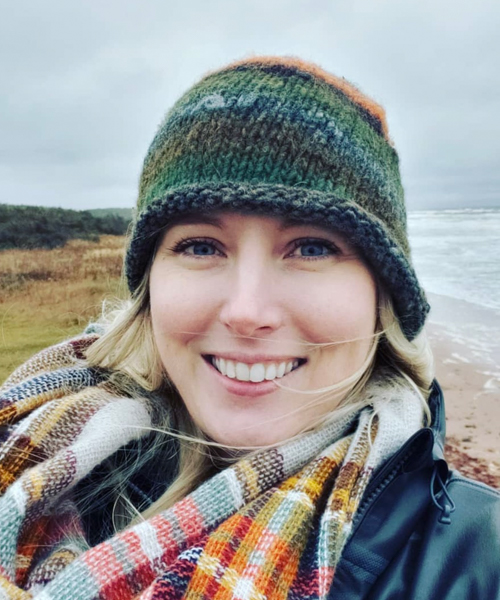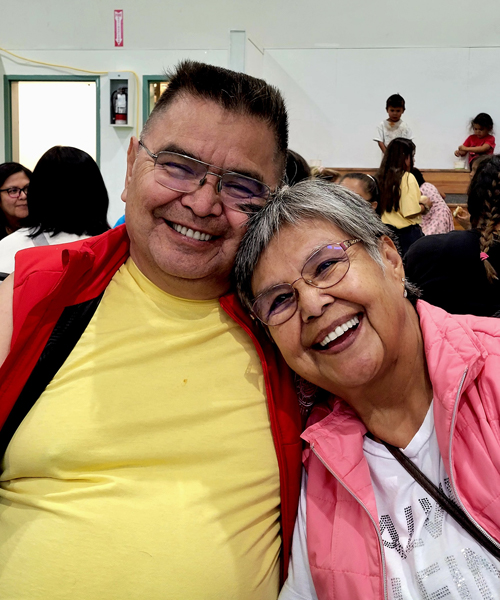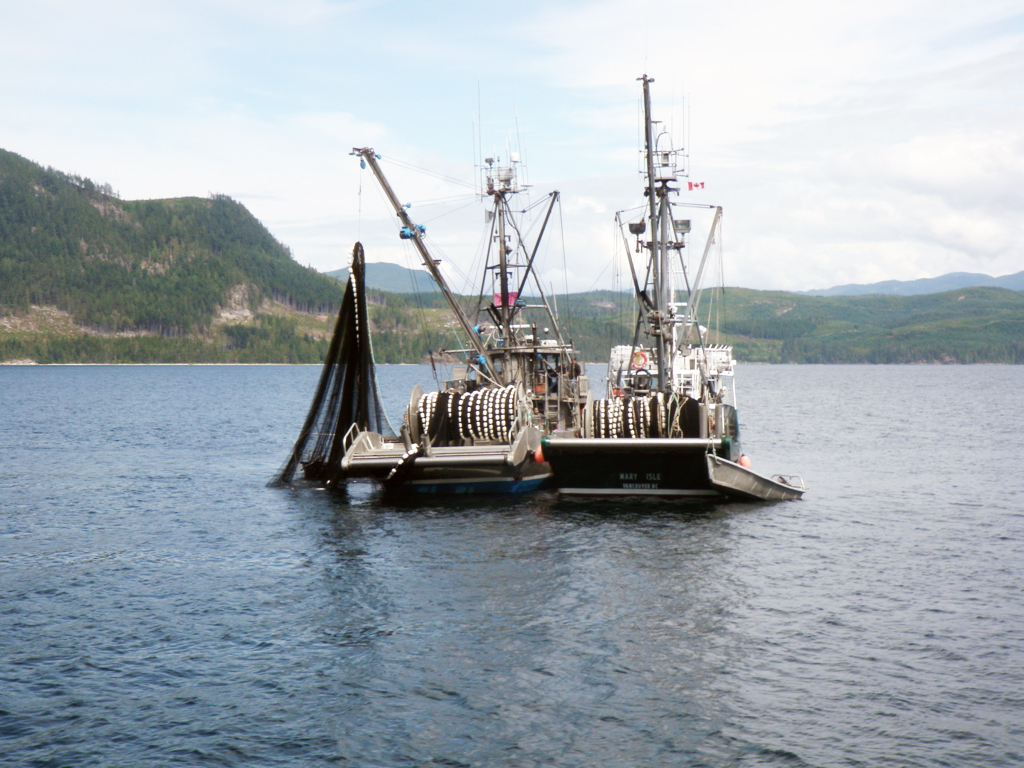
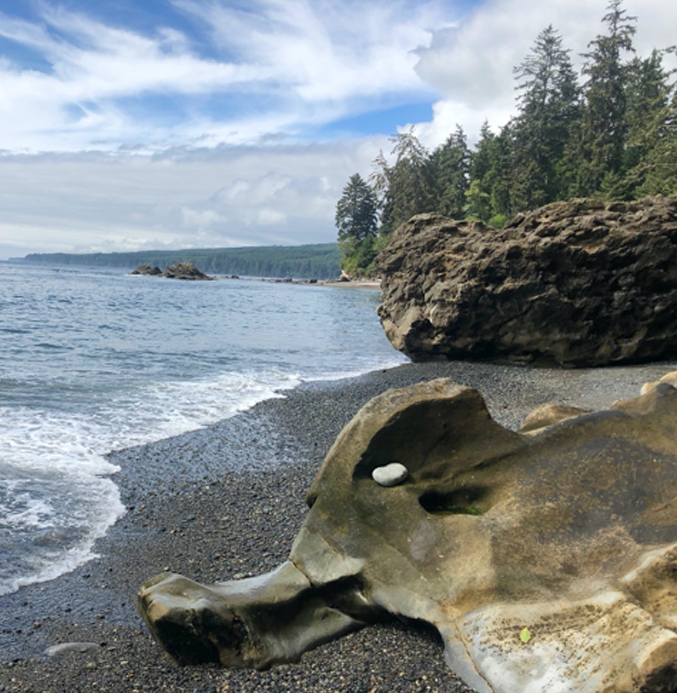
Vancouver Island Salmon Committee (VISC)
The Vancouver Island Salmon Committee (VISC) aims to develop strategies for rebuilding southern BC stocks, addressing gaps in understanding and improving stock status. This includes Tier One work to inform broader salmon engagement efforts like the Pacific Salmon Strategy Initiative. Supported by a technical working group, VISC collates data, supports rebuilding plans, and gathers Indigenous knowledge to aid Vancouver Island and Mainland Inlet Nations in protecting and rebuilding salmon stocks. A team technical lead, contracted by the program’s administrator, the Island Marine Aquatic Working Group (IMAWG), oversees these efforts.
FNHA Watch Program
WATCH, led by the First Nations Health Authority (FNHA) Environmental Public Health Services, is a seafood and climate change pilot project. In collaboration with the BC Centre for Disease Control, FNHA and four ‘pilot’ communities (Klahoose, Malahat, Tseshaht, and Gitga’at Nations), have co-designed a network for community-based monitoring programs to track Harmful Algal Blooms. Additionally, alert systems and health risk assessments aim to ensure seafood safety, security, and sovereignty amidst climate challenges.
WATCH activities, research findings and tangible project outputs can be used by IMAWG and its communities to promote seafood safety, security, and sovereignty. In addition, IMAWG will be invited to contribute to decisions regarding the mandate, scope, and delivery model of a longer-term WATCH Program.

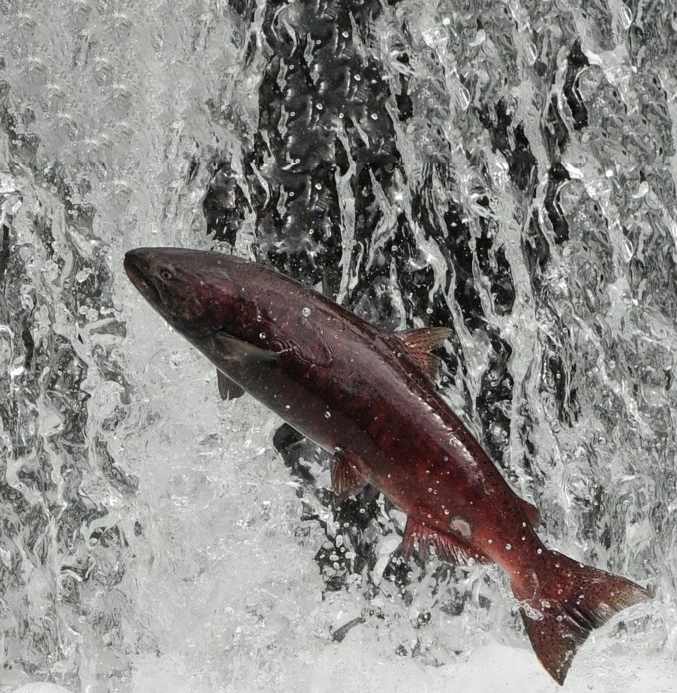
Chinook Recovery and Rebuilding Initiative (CRRI)
The Chinook Recovery & Rebuilding Initiative (CRRI) was launched in 2022 by the Fraser Salmon Management Council, with BC SRIF funding. The objective is to advance Fraser River Chinook Salmon rebuilding by providing resources and promoting a stronger technical role for indigenous groups in planning, delivery and evaluation of such work. Building on earlier and current work, CRRI serves as a convenor, facilitator, coordinator and technical resource to support indigenous efforts and aspirations to lead chinook rebuilding. CRRI also seeks to connect indigenous groups, government and non-government organizations, academics and others interested involved in chinook rebuilding.
Pacific Salmon Strategy Initiative
The Pacific Salmon Strategy Initiative will guide a strategic and coordinated long term response to the negative impacts of Pacific salmon. The goal is to stabilize and restore Pacific salmon and salmon habitat for the people, communities and ecosystems that depend upon their sustainability. Our strategy aims to stem the steep decline of many Pacific salmon populations and to protect and rebuild stocks where possible by implementing a series of immediate and long-term solutions that focus on 4 key areas:
- Conservation and stewardship
- Salmon enhancement
- Harvest transformation
- Integration and collaboration
